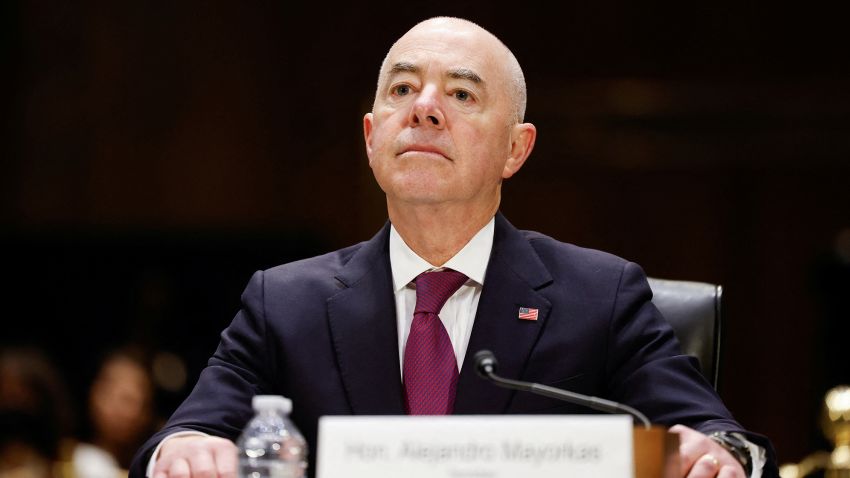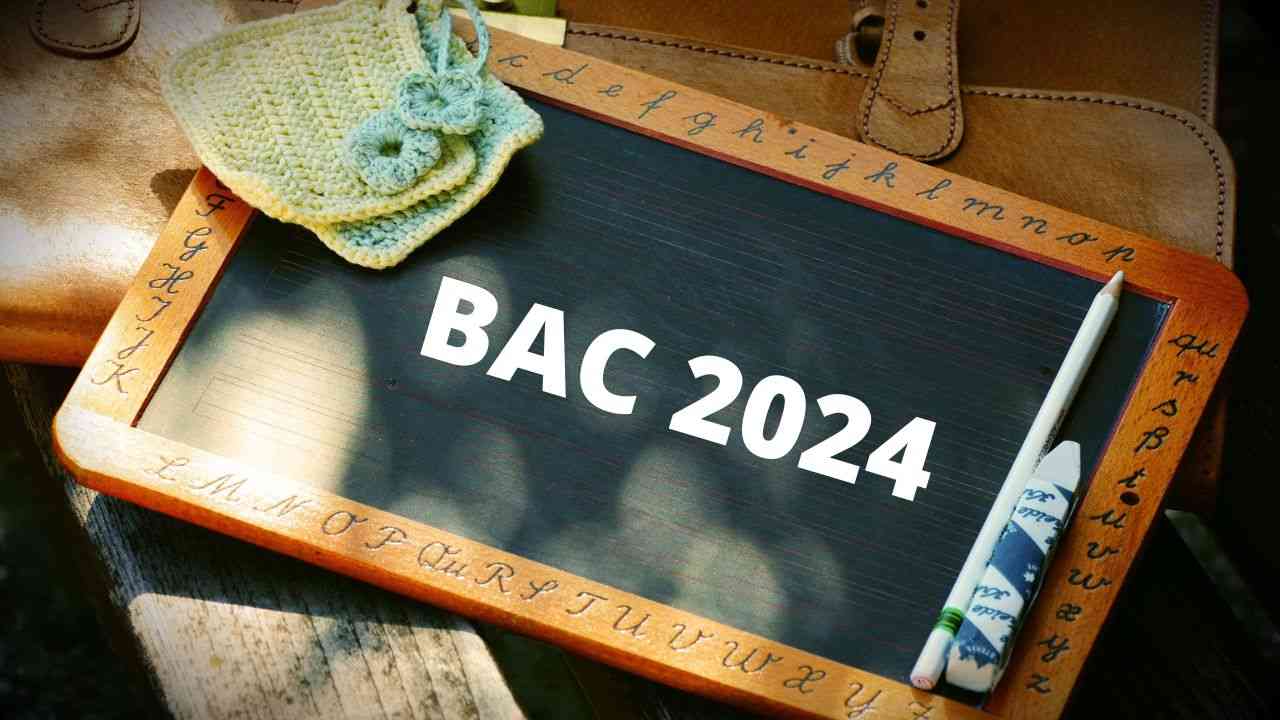Trump's Ukraine Prediction: Always Two Weeks Away?

Table of Contents
The Recurring "Two Weeks" Narrative
The claim that the Ukraine conflict will be resolved within "two weeks" has become a recurring theme in Trump's commentary. This prediction, consistently proving inaccurate, raises questions about its source and intent.
Instances of the Prediction
Trump has made this prediction on multiple occasions, often through social media posts and public appearances. Pinpointing exact dates and quotes requires careful review of news archives, but a pattern emerges:
-
Example 1: In a [insert date and source, e.g., February 2023 interview with Breitbart News], Trump stated, "[insert direct quote containing the 'two weeks' prediction about the Ukraine conflict]." The context of this statement was [insert relevant context, e.g., a discussion of potential negotiation strategies].
-
Example 2: On [insert date and source, e.g., a Truth Social post in March 2023], he again predicted a swift end to the fighting, asserting "[insert direct quote containing the 'two weeks' prediction about the Ukraine conflict]". This post followed [insert relevant context, e.g., news of a specific military development].
-
Example 3: [insert date and source, e.g., a rally speech in April 2023], Trump claimed "[insert direct quote containing the 'two weeks' prediction about the Ukraine conflict]" in the context of [insert relevant context, e.g., criticism of the Biden administration's handling of the war].
Analyzing the Inaccuracy: Why the Two-Week Timeline Fails
The persistent inaccuracy of Trump's "two weeks" prediction highlights a profound misunderstanding of the Ukraine conflict's complexity.
Complexity of the Ukraine Conflict
The war in Ukraine is a multifaceted geopolitical crisis involving numerous interconnected factors that render a quick resolution highly improbable.
-
The ongoing military conflict and territorial disputes: The conflict involves extensive fighting across a large geographical area, encompassing significant territorial disputes. A negotiated settlement would necessitate complex negotiations over contested territories.
-
The involvement of multiple international actors: The war involves not only Russia and Ukraine but also a wide array of international actors, including NATO members, the European Union, and other global powers. Their interests and objectives influence the conflict's trajectory.
-
The complexities of negotiating a lasting peace: Achieving a lasting peace requires addressing deep-seated historical grievances, security concerns, and potential future conflicts. Such negotiations are protracted and involve many stakeholders with differing priorities.
Political Implications and Public Perception
Trump's inaccurate predictions about the duration of the Ukraine conflict have significant political implications.
Impact on Trump's Image
The repeated failure of Trump's "two weeks" prediction erodes his credibility and damages his public image.
-
Potential damage to his reputation for truthfulness: The consistent inaccuracy of his predictions raises questions about his reliability as an information source.
-
Effect on his standing within the Republican party: Some within the Republican party may question his judgment and decision-making abilities.
-
Reactions from political opponents and media outlets: Political opponents and media outlets have widely criticized Trump’s inaccurate prediction, using it to question his understanding of international affairs.
Alternative Explanations for the Repeated Prediction
Why does Trump repeatedly offer this seemingly unrealistic prediction? Several possibilities exist.
Strategic Communication or Misunderstanding?
The consistent use of the "two weeks" timeframe might stem from several sources:
-
Possibility of deliberate simplification for public consumption: A simplistic narrative might resonate more strongly with certain audiences, regardless of its accuracy.
-
Lack of in-depth understanding of the conflict's intricacies: Trump might genuinely lack a thorough grasp of the geopolitical and military complexities involved in the conflict.
-
Political strategy to appeal to certain segments of the population: The prediction might be a calculated political maneuver to appeal to specific voter segments who desire a swift end to the war, regardless of the feasibility.
Conclusion
Trump's repeated "two weeks" prediction regarding the resolution of the Ukraine conflict has consistently proven inaccurate. This inaccuracy stems from a misunderstanding of the conflict's intricate geopolitical and military complexities. The repeated nature of the prediction, regardless of its motivation—whether strategic simplification, genuine miscalculation, or political maneuvering—raises serious questions about his credibility and understanding of international affairs. Understanding the complexities of the Ukraine conflict requires careful consideration of information sources. Continue to analyze Trump's statements on the Ukraine conflict and the "two weeks" prediction to form your own informed opinion.

Featured Posts
-
 Mengapa Kawasaki Z900 Dan Z900 Se Lebih Terjangkau Di Indonesia
May 30, 2025
Mengapa Kawasaki Z900 Dan Z900 Se Lebih Terjangkau Di Indonesia
May 30, 2025 -
 New Song Jacob Alons August Moon Is Here
May 30, 2025
New Song Jacob Alons August Moon Is Here
May 30, 2025 -
 L Histoire Mouvementee De La Deutsche Bank Un Siecle De Defis Et De Transformations
May 30, 2025
L Histoire Mouvementee De La Deutsche Bank Un Siecle De Defis Et De Transformations
May 30, 2025 -
 Alcaraz Secures Maiden Monte Carlo Masters Victory Musetti Forced To Withdraw
May 30, 2025
Alcaraz Secures Maiden Monte Carlo Masters Victory Musetti Forced To Withdraw
May 30, 2025 -
 Bts 2025 Calendrier Des Epreuves Et Dates De Resultats
May 30, 2025
Bts 2025 Calendrier Des Epreuves Et Dates De Resultats
May 30, 2025
